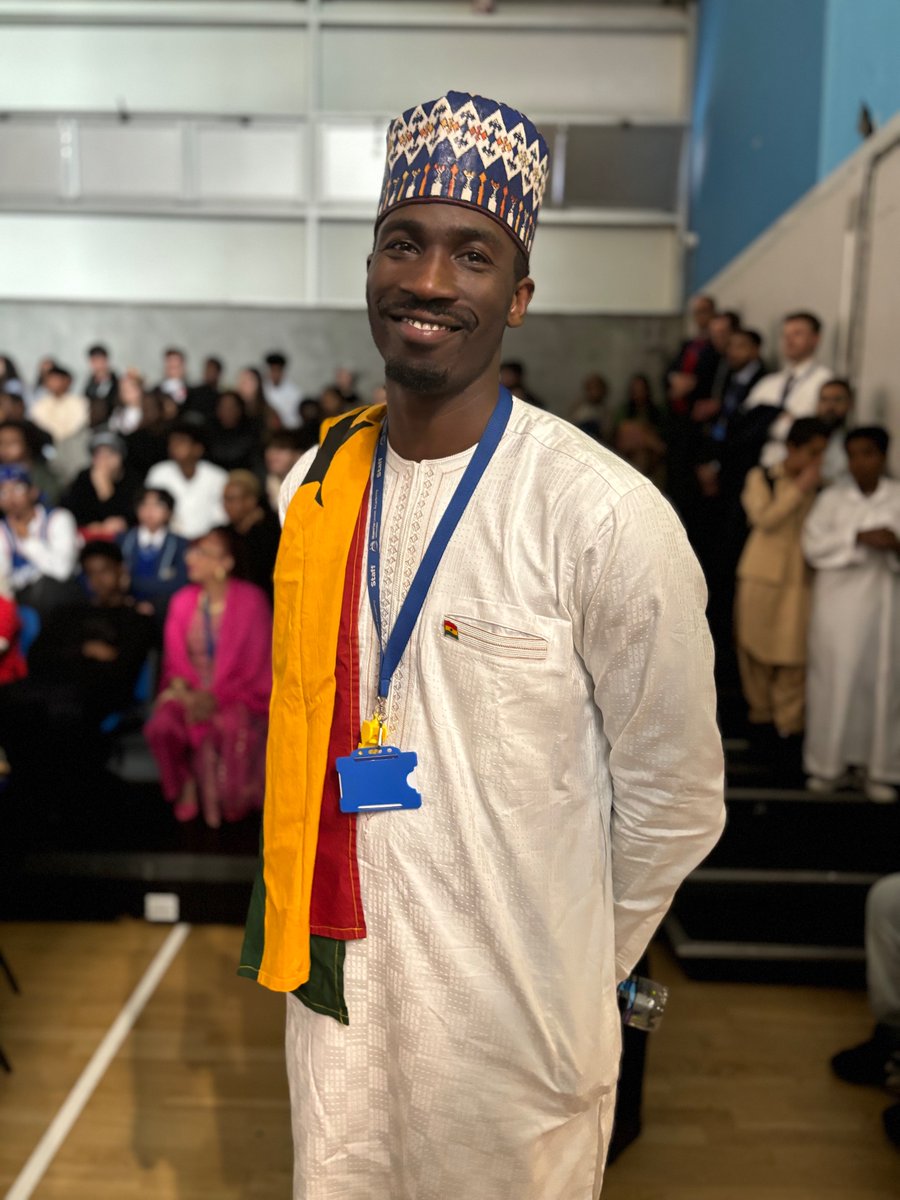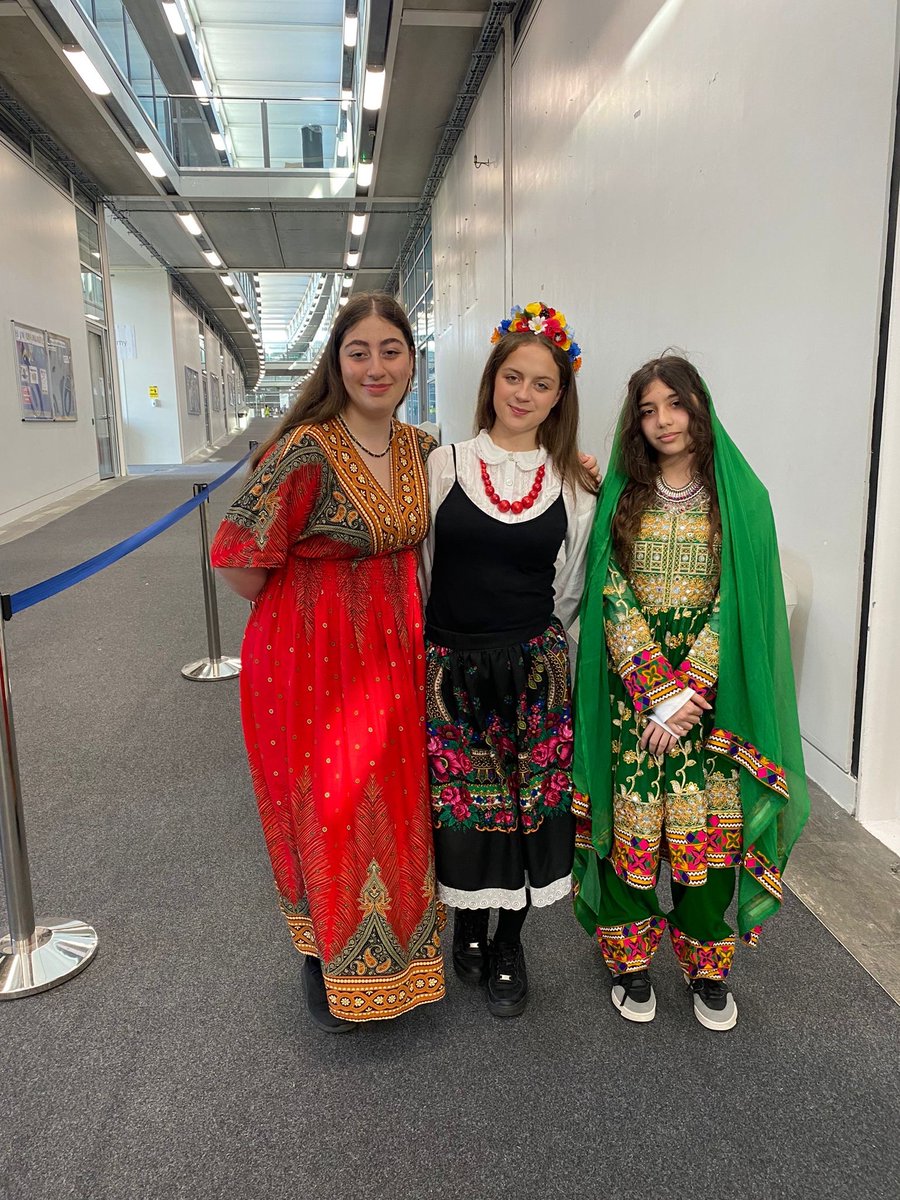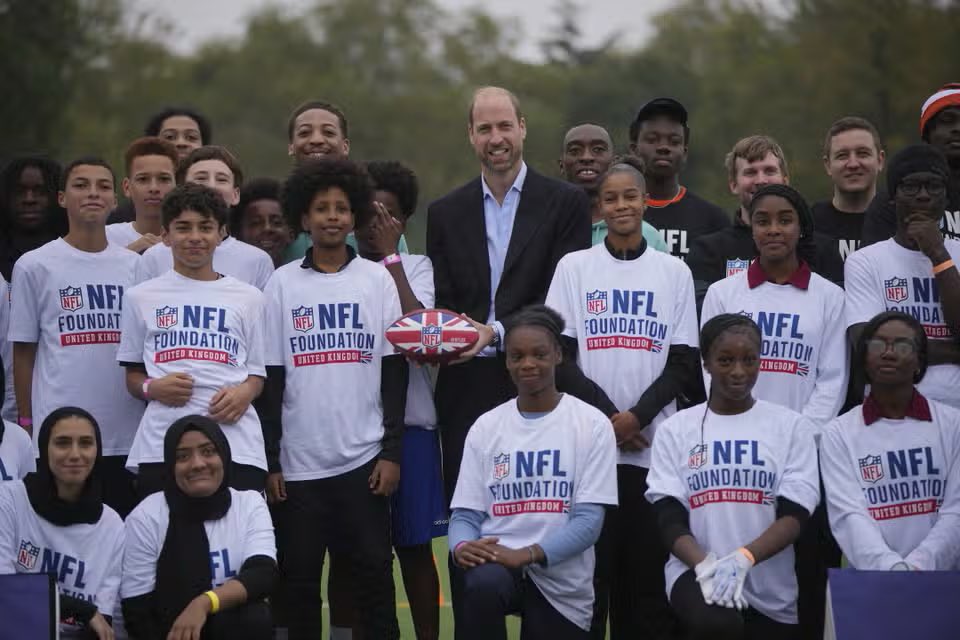How We Teach Literacy
Across all subjects within the academy, teachers plan for tailored literacy objectives and outcomes.
Our pupils complete at least one piece of extended writing in each subject, which heavily focuses on the promotion of developing spelling, punctuation, and grammar (SPAG).
Pupils are given a wealth of opportunities to complete a variety of written tasks to broaden their understanding and interaction with different genres of texts. Extended writing is marked given specific literacy targets. Pupils peer-assess and self-assess work using literacy codes across all subjects.
The academy is committed to monitoring, evaluating and reviewing the progress of pupil literacy capabilities. Regular and timely intervention is implemented where necessary including Accelerated Reader programme, booster sessions and parental support workshops.
As an academy, we work to promote a literacy culture and ensure that literacy maintains a high profile throughout the academy.
Classroom displays are interactive and promote literacy. The academy ensures that there are a number of opportunities for pupils to engage with literacy beyond the classroom. These include:
- debating competitions
- World Book Day
- writing and spelling bee competitions
- practical workshops
- and theatre visits.
Harris Lowe Academy Willesden is dedicated to ensuring that every child becomes an excellent communicator. We believe the hallmarks of this are:
- Confident and expressive speakers, with an ability to adapt their language to their audience
- Avid and independent readers, able to read for purpose and enjoyment
- Fluent writers, capable of expressing themselves through a variety of written forms.
- Accurate speakers, able to spell and punctuate effectively.
Oracy
Our aim is to promote the development of oracy across the Academy through reasoning, conceptual understanding and comprehension.
This includes counteracting deficits as well as adding value to those whose vocabulary is more advanced. Oracy within the classroom has a specific function to aid learning. This is approached in all subjects through social, exploratory, presentation and critical talk.
Reading
Reading is at the forefront of everything we do across the curriculum, with events throughout the year to celebrate our love of literature. Our library is open before and after school for all pupils, with break and lunchtime passes available from your child’s tutor. Each pupil is able to loan reading books and our Librarian is on hand to make suggestions to challenge and stretch our young readers.
We expect pupils to read for at least 20 minutes a day and have built this into our curriculum time (DEAR Time). We conduct reading tests three times a year to identify reading patterns and progress; pupils will receive bespoke provision to ensure that their reading is excellent, with support in place to ensure that each child reaches their potential.
We would encourage you to support your child’s reading through regular questioning and discussion of reading material as well as ensuring that they always have a current reading book.





















